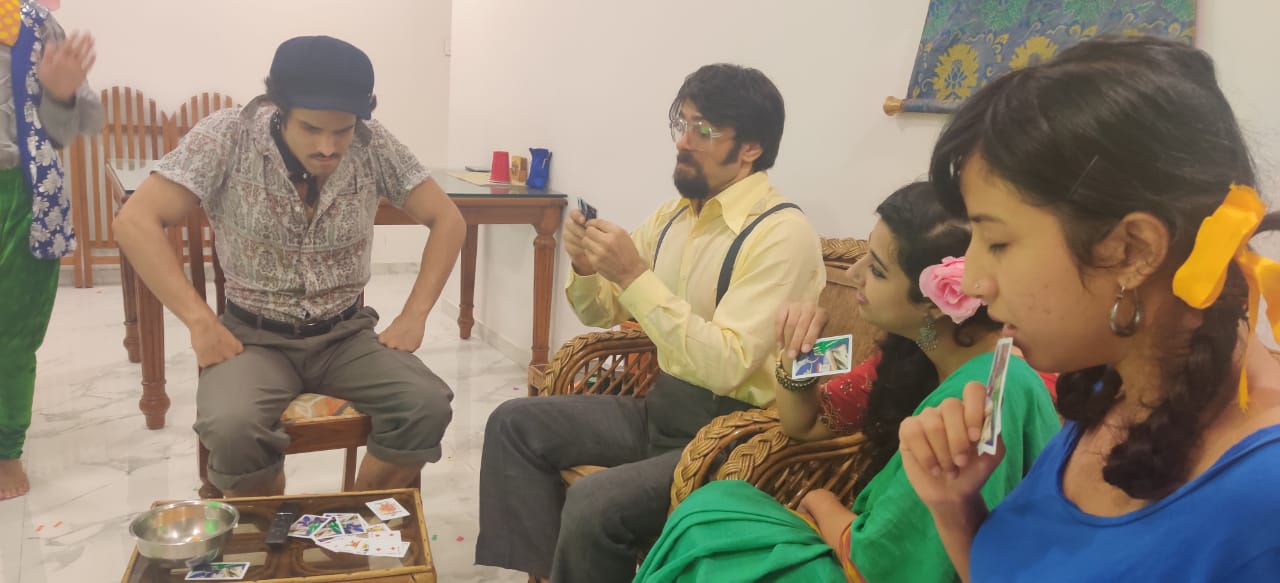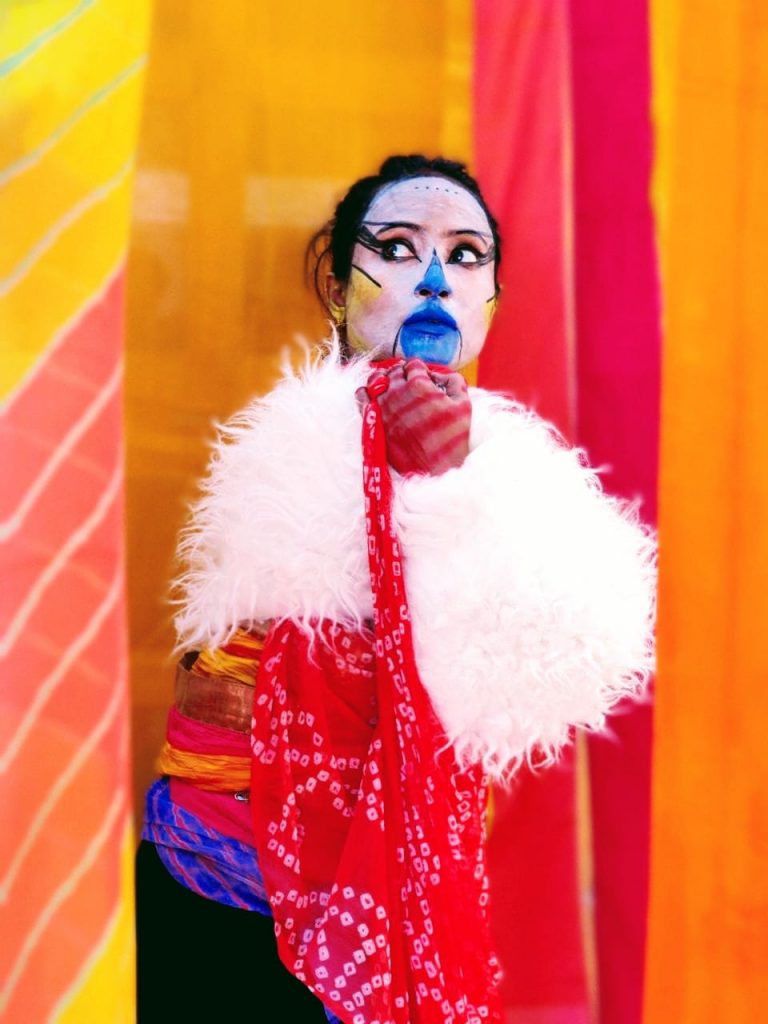
As COVID draws curtains on stage, drama moves to short film platform

Chaitanya was having his coffee like every day when his smartphone beeped with a message on a WhatsApp group. This time it wasn’t the poster or ticket of a theatrical play, but the YouTube link of a new short film based on one of the plays he had performed in the past, that he received. He opened the link to stream the film.
The theatre has not remained the same as it was before the pandemic. Now there are no queues outside auditoriums, no dance of lights on stage, no rush at the backstage right before the performance and not even the huge round of applause after a great performance. All of it has been silenced by the pandemic. But, theatre practitioners have not lost heart; they are trying to explore new ways of storytelling, performance and production. The main goal is – to keep the flame alive!
In one such venture, The Company Theatre (TCT), a theatre group from Mumbai has organised an initiative called Theatre-Film-Theatre Festival under which they are screening short films based on various plays on their website.
“The idea was to create films based on theatre scripts from around the world. We also requested the short filmmakers to cast theatre actors in these films. There was a sort of darkness descending on all of us (theatre practitioners) and we were kind of feeling isolated and lonely. So we wanted to create some purpose in work,” said Atul Kumar, founder of TCT.
Related news: One is identified, marked if they discuss caste in films: Director Mari Selvaraj
“We thought we might as well get some young directors to agree to make films. Make a film based on theatre plays and cast theatre actors in it. So this is our connection with theatre and that’s why we call it Theatre-Film-Theatre Festival.”
Also, the primary aim of the festival was to mobilise theatre actors to do something because there was no real theatre activity happening live, he adds.
Overall 15 such short films are a part of the month-long festival that started on September 3 and will go on till September 27.
Vara Raturi, one of the co-curators of the festival told The Federal, “We release films on alternate days. Once the new film is released, we remove the old one.” This is being done to keep the vibe of the festival intact and to give exclusivity to every performance, she added.
Explaining the initiative Vara said, “We created a bank of hundreds of copyright-free scripts from across the world for the artists to select from. Also, we gave additional support for the scripts that have copyrights. Filmmakers then selected their own teams and produced films of their choice.”
She said that most of the films have been produced remotely – from the homes of the team members.
A host of experiments were attempted in various films that were screened at the festival. The participants not only attempted regular stories but also some musicals, dance-based performances, and even animated films. “It was kind of exciting and affirming in these times,” says Vara.
Priyanshi Vasani, writer and director of one of the films said, “These films are kind of an integrated approach of looking at the theatre and cinema on the same platform.” She directed The Unbearable Gaze which is inspired by the Sanskrit play Abhigyanam Shakuntalam by Kalidasa.

While talking about the experimental part, she said, “The process itself was more experimental for us since I was in Mumbai while my actor and cinematographer were in Jaipur. So we used technology to figure out the way to shoot the film, sitting here in Mumbai. The entire film was shot on the iPhone.” The team used Zoom and a few other apps to remotely take access of the camera and shoot the film.
Mohit Agarwal, another filmmaker who is part of the festival said he attempted a dance-musical performance to produce his play-based film Aab-E-Zamzam, based on Shakespeare’s play Midsummer Night’s Dream. A freelance actor and dancer, Mohit said he has tried to blend various styles in his film – from Chaplin style to old Bollywood drama to that used in cartoon film Tom & Jerry.
While talking about the correlation between theatre and her film Priyanshi said, “We have shot and directed the film using the wisdom of theatre. We have shot the film as if the audience is present in the room. We wanted to give them the real-time experience of the performance.” The camera technique is inspired by the Oscar-winning film Birdman, she adds.
Explaining how closely his film is based on the techniques of theatre Mohit says, “It’s a one-take shoot like a play. We shot the play like a film instead of doing it like a film. The camera techniques are used according to the film aspect but the performance is as good as a theatre performance.”
Related news: I want to make crossover films like ‘Slumdog Millionaire’: Hemant Madhukar
“We don’t know what’s going to work and what isn’t? Everyone is experimenting, and so are we,” says Mohit. He had a team of about 23-24 people based in different cities who produced the film together with minimum available resources.
TCT did not provide any funding or sponsorship as the whole activity was pro-bono and with the sole cause of keeping theatre activities alive. The organizers have appealed people to donate an amount equivalent to at least a ticket of the play. The appeal is getting a positive response, says Vara.

